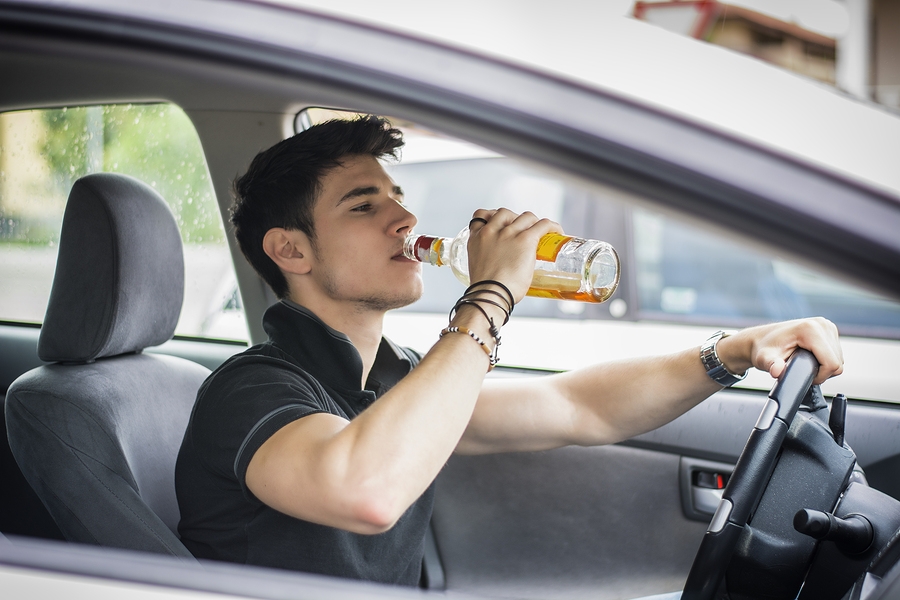Two Most Dangerous Habits Of Young Drivers

Distracted driving is a growing problem, accounting for at least 12 percent of road crashes worldwide. Young men are more likely to be distracted, a study finds. Kathleen Finlay/Cultura RF/Getty Images If you're reading this on your phone while driving, stop it.
Especially if you're a young neurotic extroverted guy who drives a lot. Two seconds of attention to the insistent beeping and blinking of our mobile phones or simply changing the radio station accounts for at least 12 percent of car accidents worldwide and of them in the U.S., according to the National Highway Transportation Safety Administration. While anyone can get distracted behind the wheel, some people may be more prone than others, according to published Friday in Frontiers in Psychology by, a researcher at Norway's. The study looks at the driving habits and personalities of hundreds of Norwegian high schoolers and adults. While few reported distracted driving was a problem for them, some patterns about who was more likely to be distracted emerged. Young men were among the most likely to report distraction due to phones but also people talking in the car or flipping through the radio dial.
The following list of bad teen driving habits isn't in any particular order. The natural instinct in that situation is to jerk the wheel (over-correct) back onto the roadway but that can be the most dangerous thing to do. Ignoring the risks – Young drivers often have an attitude of “It'll never happen to me. Kanye West 808s And Heartbreak Download Free. Distracted driving habits can cause a crash. Despite safety measures within a vehicle, one of the most dangerous threats to a driver and their safety is the driver, and what they choose to do while behind the. By engaging in these actions, drivers become a danger to themselves and surrounding drivers.
The study found that the more distraction-prone included frequent drivers, and those with neurotic and extroverted personalities. Also, people who felt that distracted driving was socially acceptable or didn't feel they could control distractions were also more likely to report distracted driving, the study shows. Older women and those who felt that they could control their behavior were less likely to report distraction. The study also looked at potential interventions, such as giving drivers a quiz of sorts, asking them 'If/Then' questions designed to make them think about distracted driving. For example, 'If I find myself wondering whether someone has sent me a text, then I will __' (remind myself it's against the law, remember it's dangerous to do so, etc.) However, this particular intervention did not cause a big dip in distracted driving. Still, the Norwegian study is the first of its kind to look at the connections between intentions and behavior when it comes to distracted driving, and it adds to emerging data on the impact of personalities and gender.
But it's very preliminary, says, manager of the statistics group at the U.S. Netterm 5 4 6 1 Keygen Torrent on this page. National Safety Council. The NSC advocates for avoiding deaths and unintentional injuries in the workplace and on the road. The main shortcoming of the Norwegian study is that it relies on self-reporting.
'It's very difficult for human beings to be so aware of themselves and to respond to questions on behavior,' Kolosh says. And while people frequently report seeing others driving while using cell phones, they tend to underestimate how often they themselves are driving distracted. Also, Norwegian drivers may act differently than drivers in other parts of the world, so it might be difficult to extrapolate the behavioral data. While technology can help curb distracted driving, such as phones that block data while driving, it's not always a plus, Kolosh says. And just because there's a new technology, say an in a car, that doesn't mean it's safe. 'The world of distraction is evolving really quickly,' Kolosh says. The NSC was the first organization to call for a ban on talking on cell phones while driving 10 years ago, At the time, Kolosh says, 'We felt texting was so obviously dangerous, not many people will do it.'